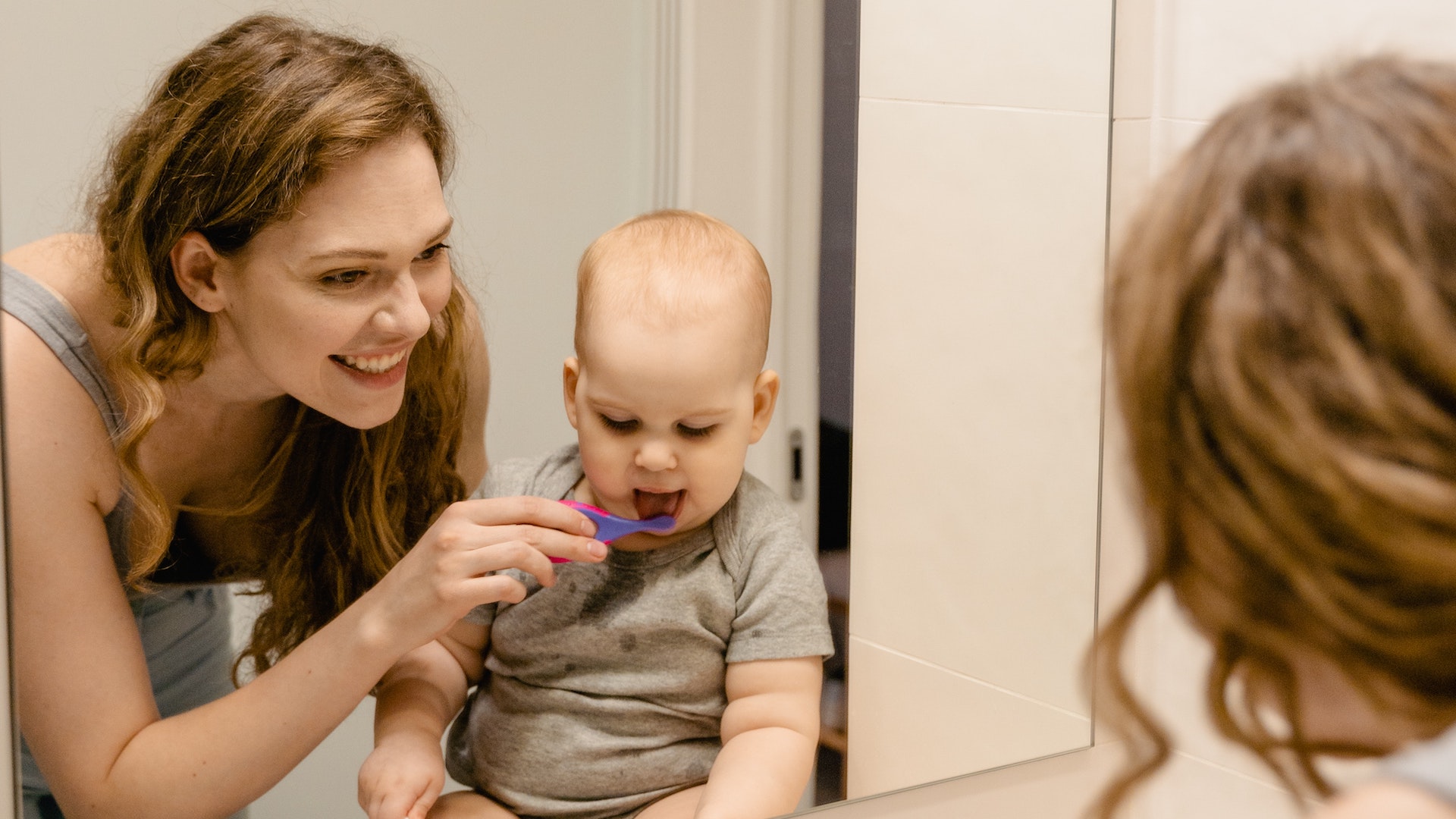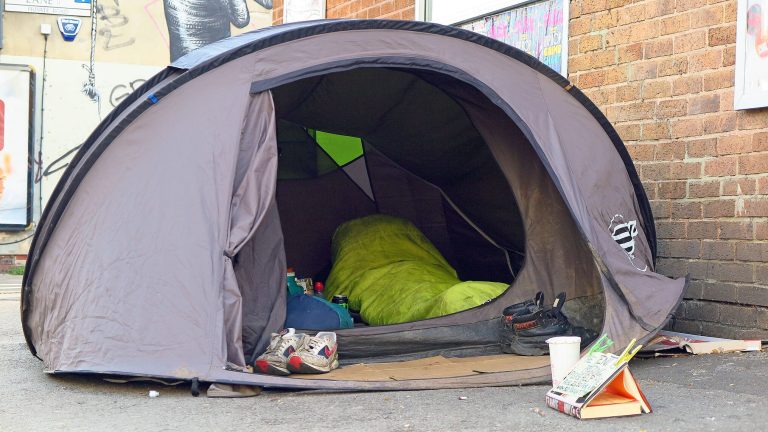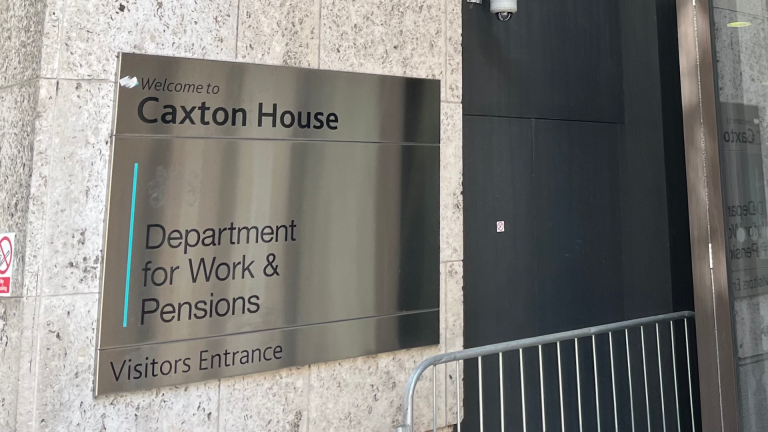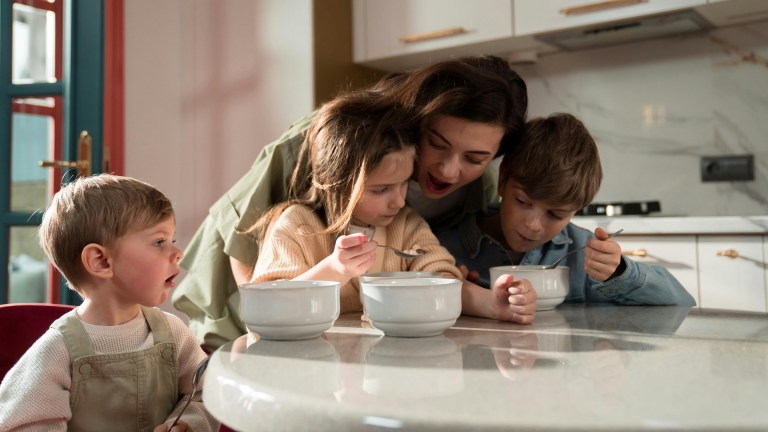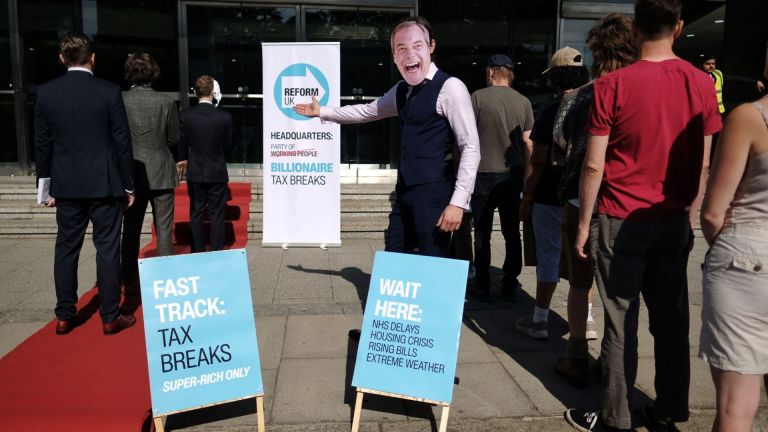The Hygiene Bank is a UK-based charity that collects and distributes hygiene and personal care products to people in need. They do not directly supply toiletries but instead work with food banks, homeless shelters, charities and community centres to distribute the products.
If you need help, the Hygiene Bank will try to signpost you to a partner organisation in its network that can support you.
In Kind Direct works in a similar way. It works with charitable organisations and companies to ensure everyone has access to the products they need to keep clean, safe and well. That includes charities like Adira, which supports black people with mental health issues and has a self-care hub where you can access quality products – including black hair products.
Toiletries Amnesty works with homeless shelters and hostels, women and children’s refuges, food banks and community organisations which are in need of hygiene products. It has a directory of places people can donate hygiene products – and many of these are places where you can receive hygiene products too.
Beauty Banks also provides toiletries like soap, toothpaste and shampoo to food banks, homeless shelters, refuges and schools.
If you are on a low-income, you might also be able to get grants to cover the costs of toiletries and more. You can find out what grants might be available to you using Turn2Us’ grant search on the charity’s website. There is more about cost of living help available here.
Advertising helps fund Big Issue’s mission to end poverty
Plenty of companies also send free samples of products or do regular social media giveaways. Keep an eye on your favourite beauty brands’ social media pages for the latest.
You could try out sites like Clicks Research – recommended by MoneySavingExpert – to test products for big-name brands such as Boots, M&S, Sanctuary, Body Shop and Liz Earle. You offer to test and review the products, and they send you them free of charge.
Home Tester Club also gives out free products to test and all you have to do is leave an honest review on its site. Recent products have included Garnier moisturising cream and a Nivea serum.
There is also the Boots Volunteer Panel through which you can test big-name products including No7, Soltan, Soap & Glory, Botanics and Champneys. They’re currently recruiting a diverse panel of testers (but it’s a strict criteria and you might not get a place). Or you could have a go at filling out surveys with Toluna, which gives out freebies like L’Oreal make-up and Bic razors.
Your support changes lives. Find out how you can help us help more people by signing up for a subscription
Where do I find free period products near me?
You can get free tampons, sanitary towels and other period products from charitable organisations across the UK. Many community groups and charities, such as Bloody Good Period, Period Poverty and the Hey Girls initiative, provide free period products to those in need through community partners. This includes food banks, homeless shelters, hostels, women’s refuges and more.
Advertising helps fund Big Issue’s mission to end poverty
In Scotland, local authorities, schools and universities have been provided with funding to supply free period products. Contact your local council to find out where you can access free products in your local area. The app PickupMyPeriod directs users to hundreds of locations in Scotland where you will be able to find free period products. These include leisure centres, libraries and community centres.
In England, Wales and Northern Ireland, people can get free period products in schools and colleges. Some universities and students unions will also provide free sanitary products.
Sexual health clinics and community contraceptive clinics will also often provide free period products or information about where to find them in your local area, as will council buildings.
Many food banks in the UK provide free period products. The Trussell Trust has a map on its website where you can find one near you, and you can also use the Independent Food Aid Network’s interactive map.
Women and girls receiving treatment in hospitals and other health settings can request pads, pantyliners and tampons when they need them.
Where do I find free nappies and baby products?
There are more than 200 baby banks across the UK where you can find free nappies, wipes, equipment, clothes and more for your baby or toddler. Find your local baby bank through Little Village’s interactive map.
Advertising helps fund Big Issue’s mission to end poverty
Charity Baby Basics supports new parents across the country who are struggling to meet the financial and practical burden of looking after a new baby. Volunteers work with midwives, health visitors and other professionals to provide support directly where it is most needed, so it is worth speaking to a trusted healthcare professional if you need help.
Keep an eye out for free nappies being given away on websites like Gumtree or Facebook Marketplace, or discounts being offered by nappy companies. Pampers has offers through its members club – with chances to win a year’s supply of free nappies as well as other coupons for wipes and nappies.
Your local health authority’s incontinence service may be able to supply items such as larger nappies, pads and bedding protection once your child is over a certain age. Talk to your GP or health visitor for more information.
Low-income families could get a one-off payment of £500 to help towards the costs of having a baby in England and Wales, known as the Sure Start Maternity Grant. You must claim the grant within 11 weeks of the baby’s due date or within six months after the baby’s birth. In Scotland, you can get the Pregnancy and Baby Payment instead.
Get the latest news and insight into how the Big Issue magazine is made by signing up for the Inside Big Issue newsletter
